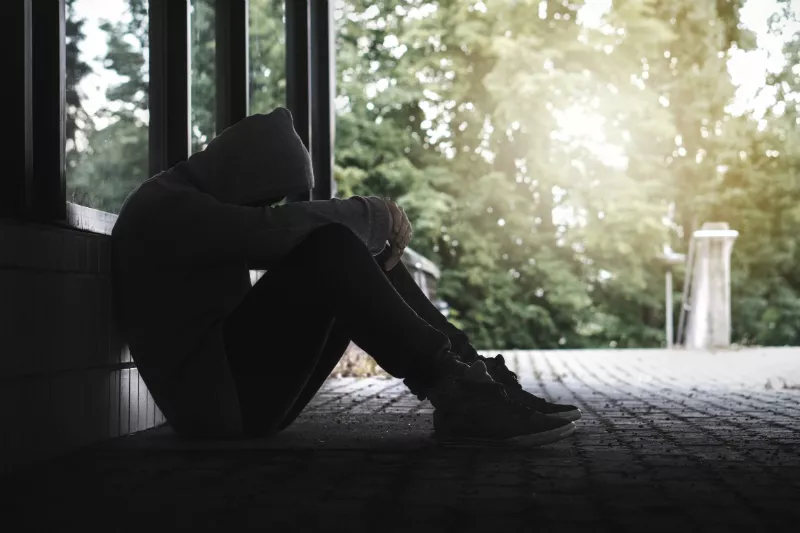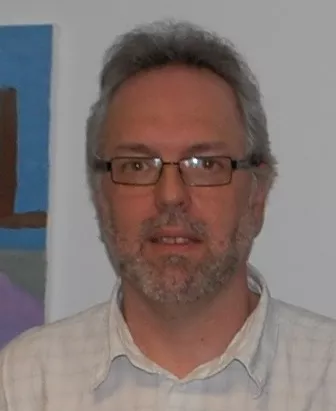Adult learners in addiction recovery

Gerry Mc Aleenan from the Soilse programme told EPALE about his involvement in RECOVEU – an international programme whose goal is to help adults in addiction recovery re-engage with society through adult learning.

The RECOVEU programme
RECOVEU was a Grundtvig programme (2014-2017) which set out to identify barriers for adults in addiction recovery across the European Union, create a needs-based curriculum to prepare them to succeed in adult learning and college, and start the conversation about recovery capital. RECOVEU partners were the Soilse Addiction Recovery Programme (Ireland), Staffordshire University (England), the Centre for the Advancement of Research and Development in Educational Technology (Cyprus), St Dimitre Programme (Romania), and Cooperativa Sociale San Saturnino Onlus (Italy).
The lack of designated access to learning programmes specifically for adults in recovery, leads to adults in recovery facing issues and barriers. A policy and practice review across the partner countries found a few specific opportunities for these adults to engage with employability programmes.
Identifying adults’ needs and issues
In general, there is limited data about adult learners in addiction recovery although a rare exception is Keane’s research on participants in the Soilse programme. RECOVEU created a dialogue among people in recovery, adult educators and drug service providers, which resulted in a 20-hour access-to-learning course.
Focus groups comprising service users, adult educators and services took place in the partner countries. These identified both general and specific barriers to learning experienced by this group, including lack of money, childcare, equipment and study space; difficulties filling out forms; previous convictions; lack of identity papers; and homelessness.
Many had never worked, and few had qualifications. Most of these adults had poor school experiences and all suffered from poverty. Stigma was endemic with many feeling they were branded as drug addicts. Their self-worth was low and they felt unfairly excluded. Dominant medical-pharmacological, moral and criminal responses to addiction further isolated them. Having experienced multiple disadvantages, therefore, meant many saw no benefit in adult education.
The RECOVEU partners agreed that curriculum design should not repeat previous failed programmes. While ‘learning for the workplace’ is promoted by neoliberalism, it is both prescriptive and one-dimensional. Those in recovery prefer the idea of ‘learning for recovery’ over participating in formally accredited education. RECOVEU promotes equity and fairness recognising that people in recovery come from a disadvantaged background and so they need additional support and resources to overcome their challenges.
Tailored curriculum
A curriculum was developed containing five taster modules: Recovery and resilience; Recovery and learning to learn; Recovery and digital learning; Recovery and community, and Recovery and employability. Content was drawn from the focus group data. This identified both the requirements for initiation and progression in education but also the requirements for recovery such as how to develop resilience, take part in learning communities and reintegrate with families. The curriculum was successfully piloted and is now embedded in the Soilse programme. The result was methodologically cooperative, experiential and participative education.
Impact on policy
Advocacy is key to informing policy and proposing solutions, and RECOVEU is an important signpost for policymakers. The Irish National Drug Strategy (2017-2025), which is sub-titled ‘Reducing Harm, Supporting Recovery’, cited the Irish partner (Soilse) for its use of recovery capital. Recovery capital incorporates human, social, physical and cultural capital and is the sum of resources a person needs to initiate and sustain recovery.
Another positive, if indirect, outcome from the RECOVEU process was the establishment of the Recovery Academy of Ireland. This was instigated by Soilse and set up as a co-operative forum, bringing organisations and people in recovery together. The focus of the Academy is on learning for recovery, social inclusion and mobilisation.
Sadly, as a result of the Brexit referendum in the UK, the partners from Staffordshire University have left their jobs and there is now little potential for alliance with Ireland’s closest neighbour on issues of mutual interest.
Gerry Mc Aleenan is Head of Services, Soilse. Soilse is a daytime programme which uses adult learning techniques to facilitate recovery from addiction. Soilse works with people who are either on methadone to detox them or drug free former heroin users. Literacy, dyslexia, educational support, career guidance and a holistic learning programme are offered. His main concern is combating the devastating effects of austerity and cutbacks to vital drug, adult education and housing services.






Fantasztikus program, ami sok